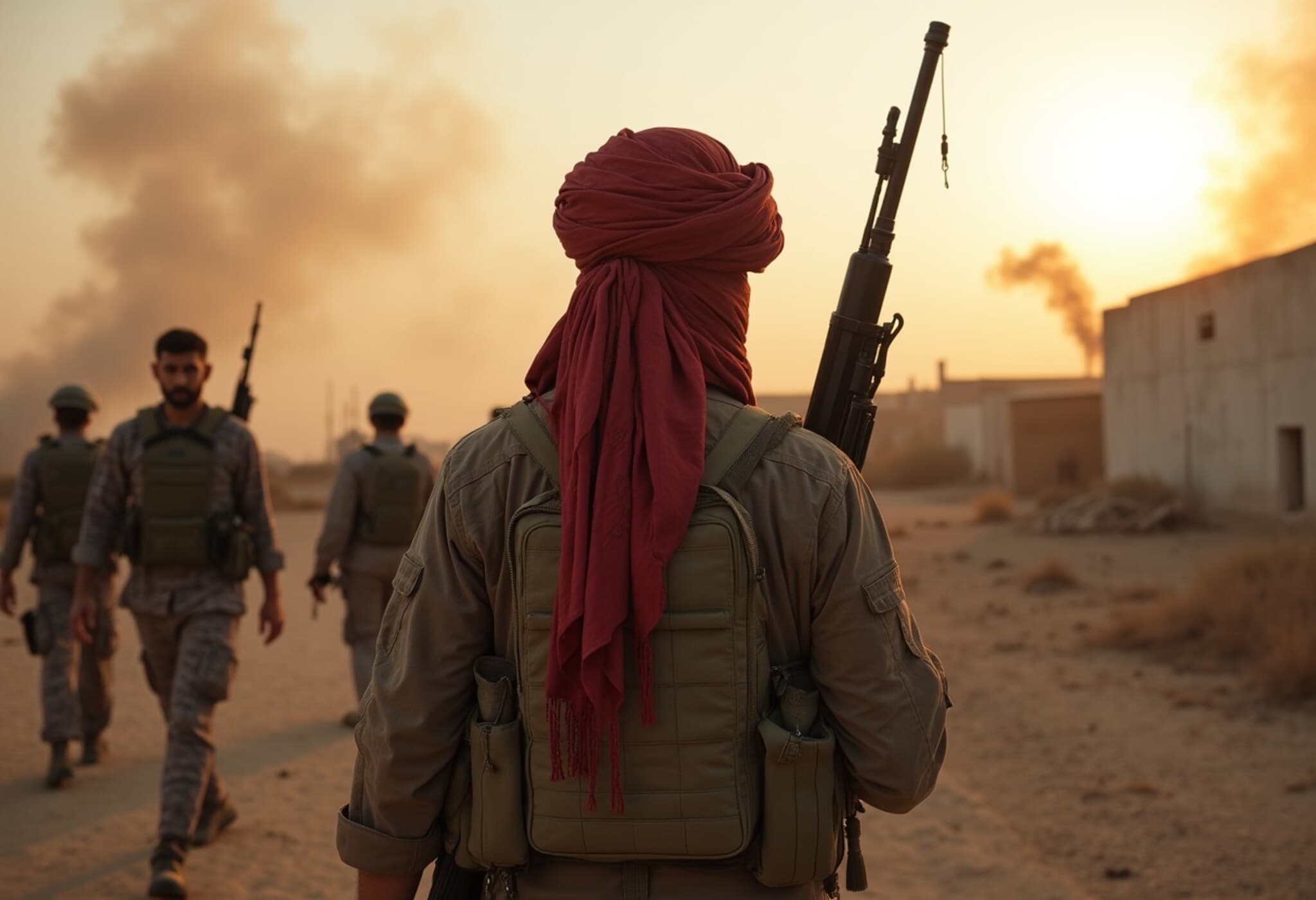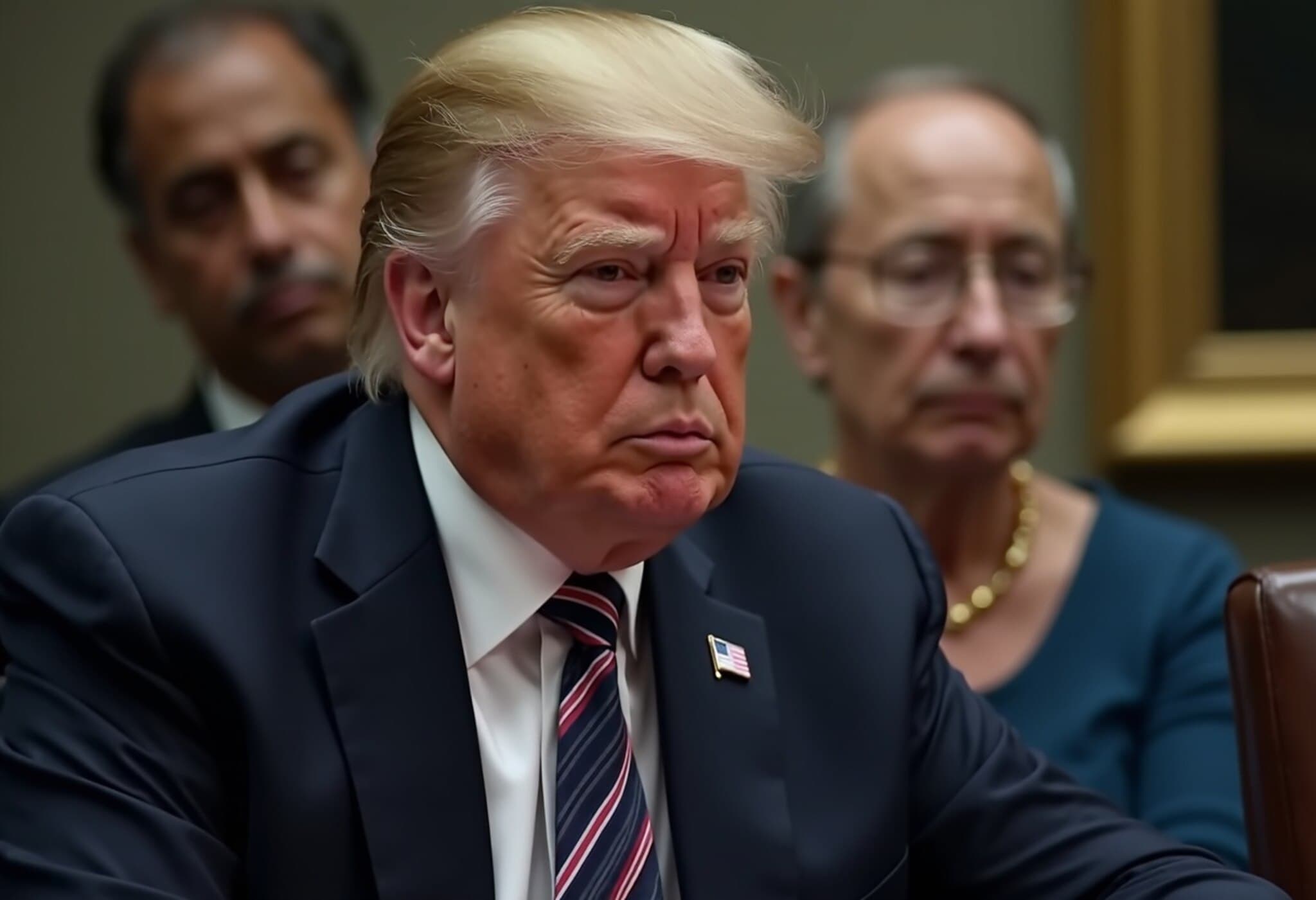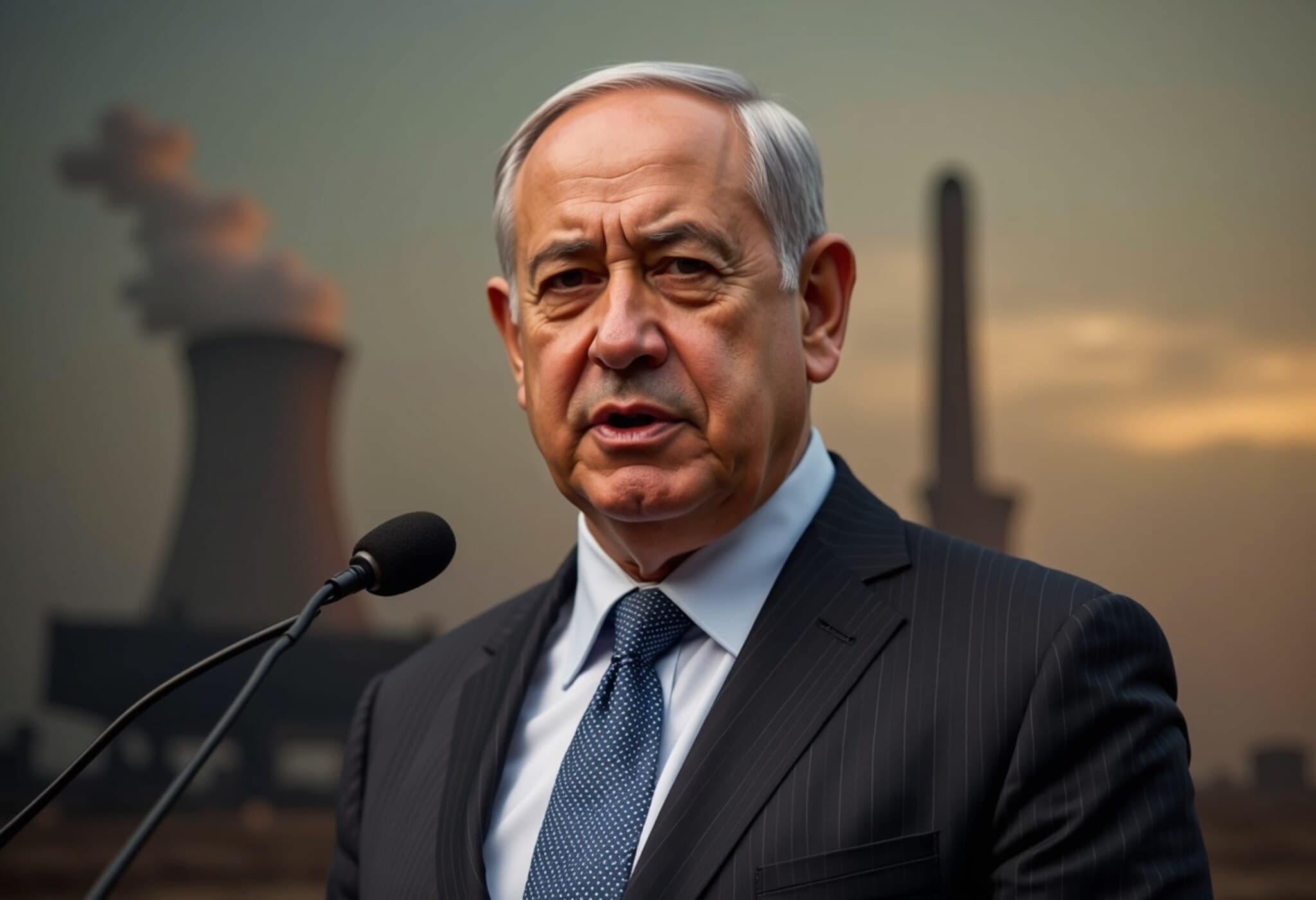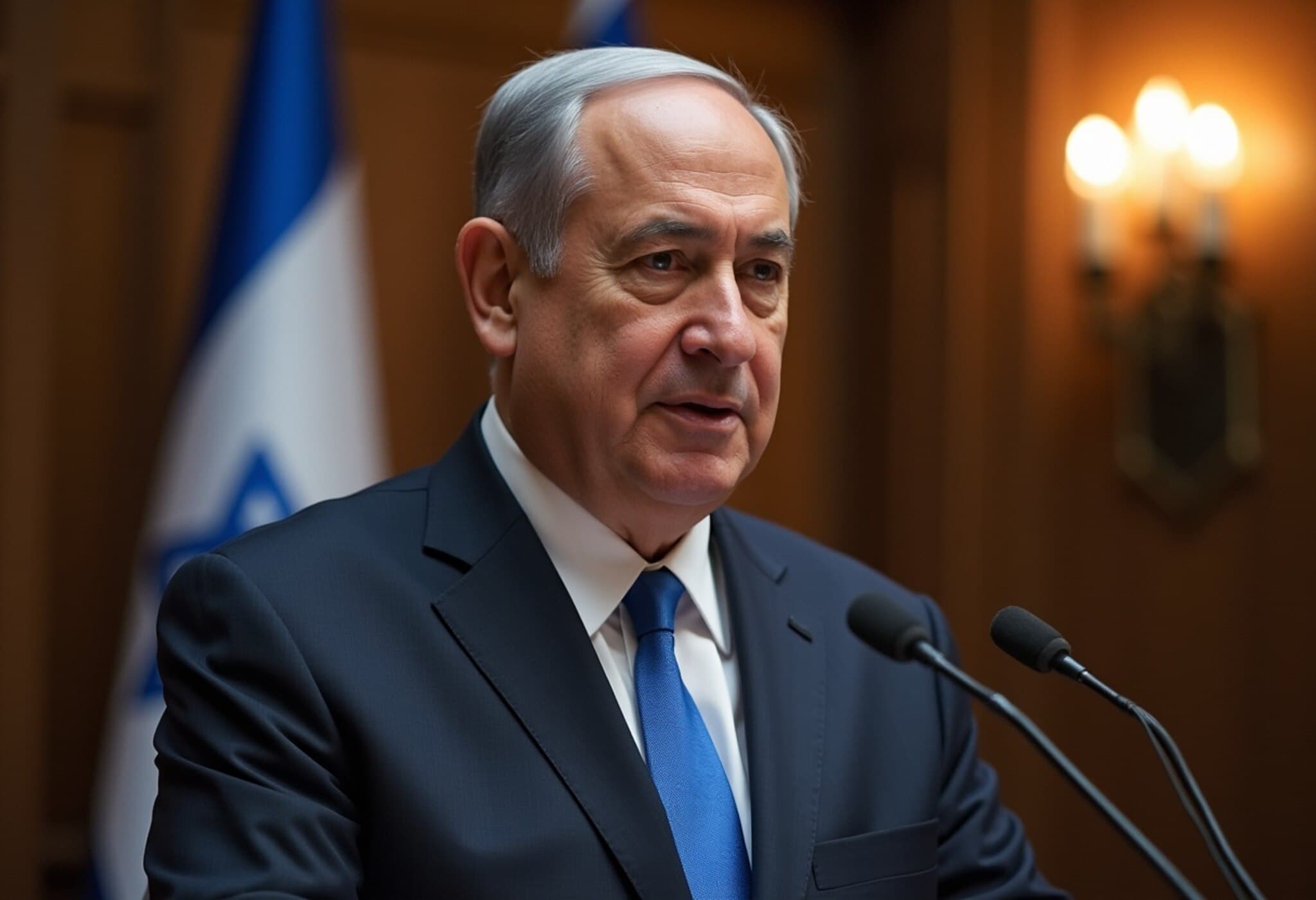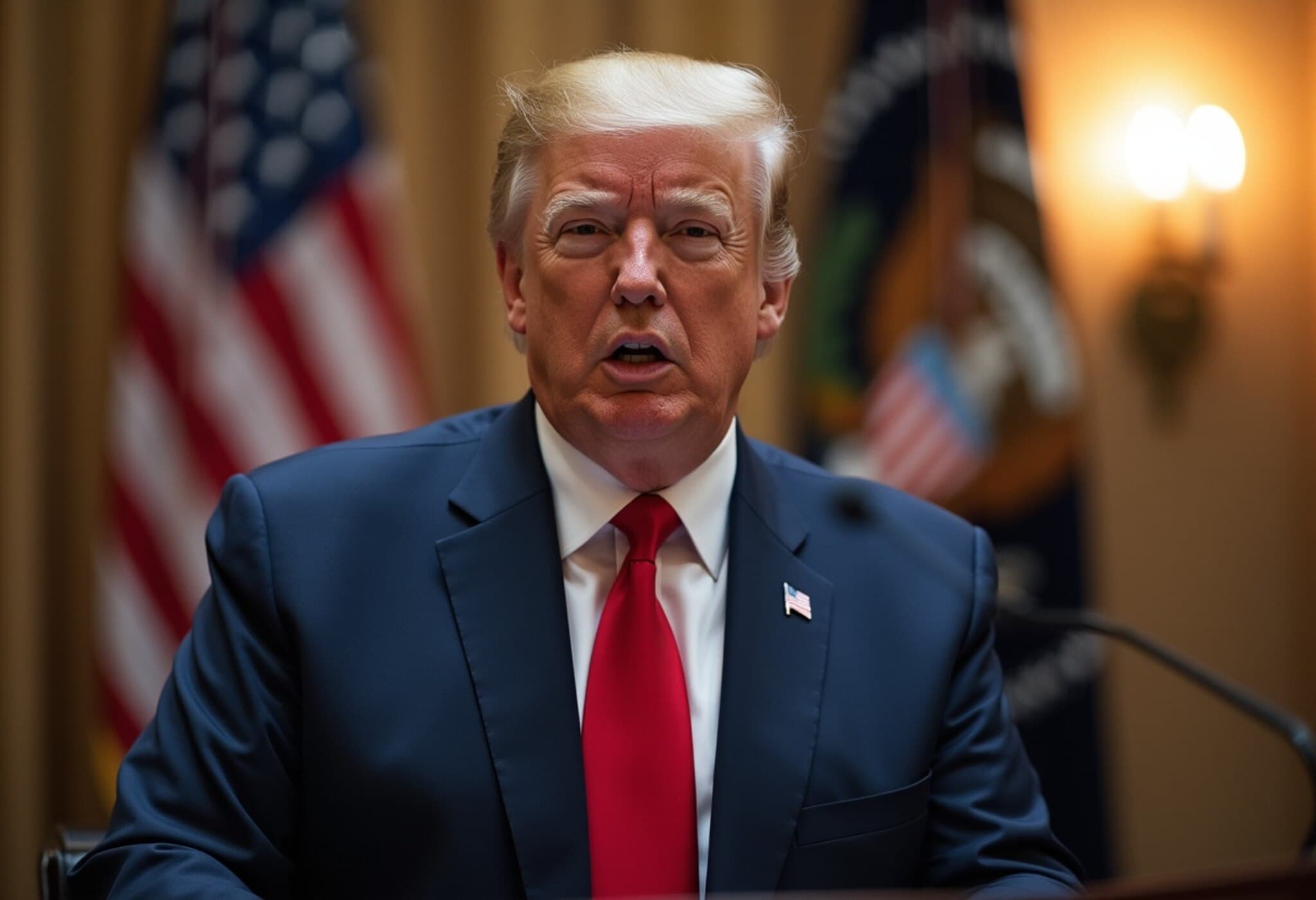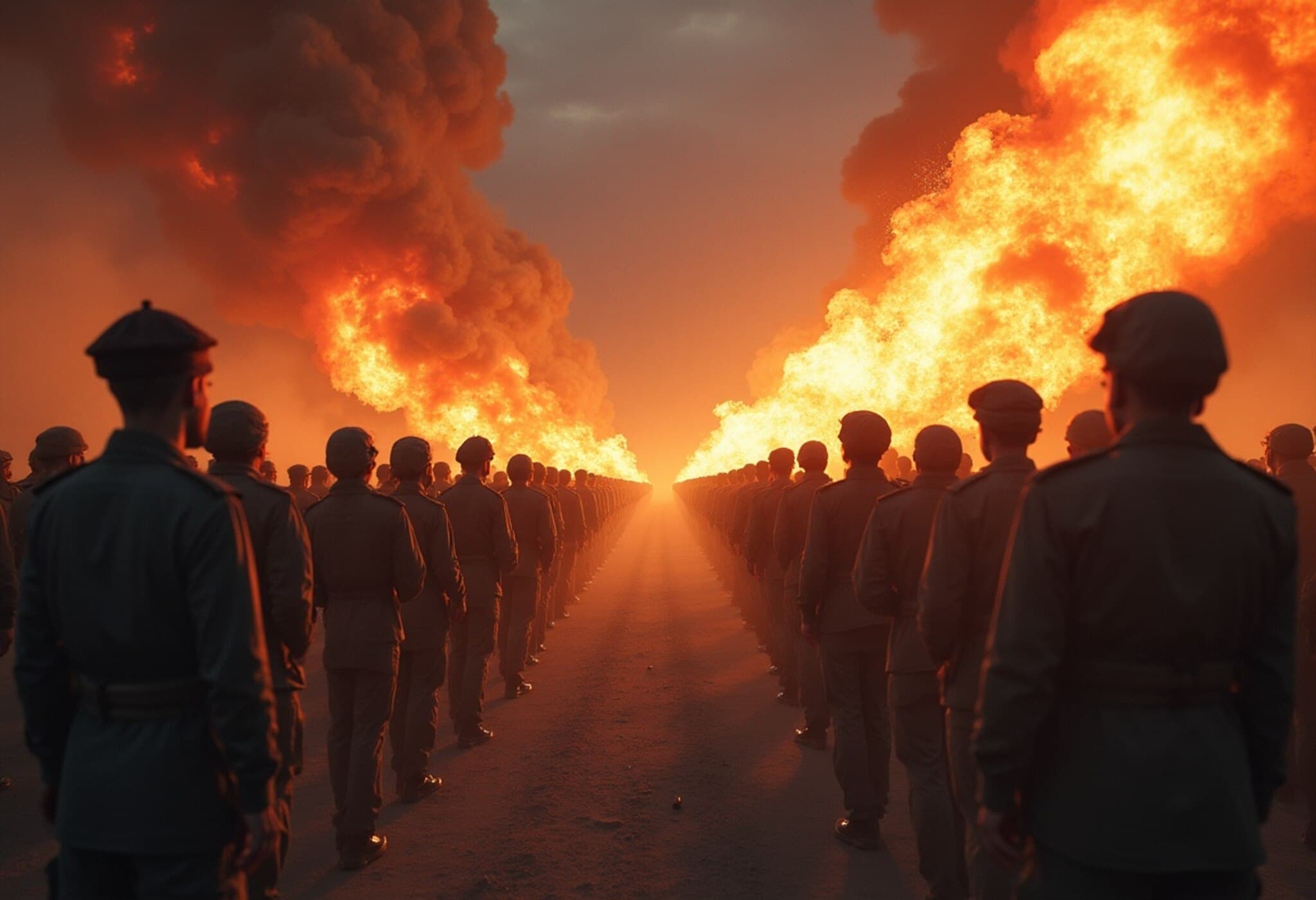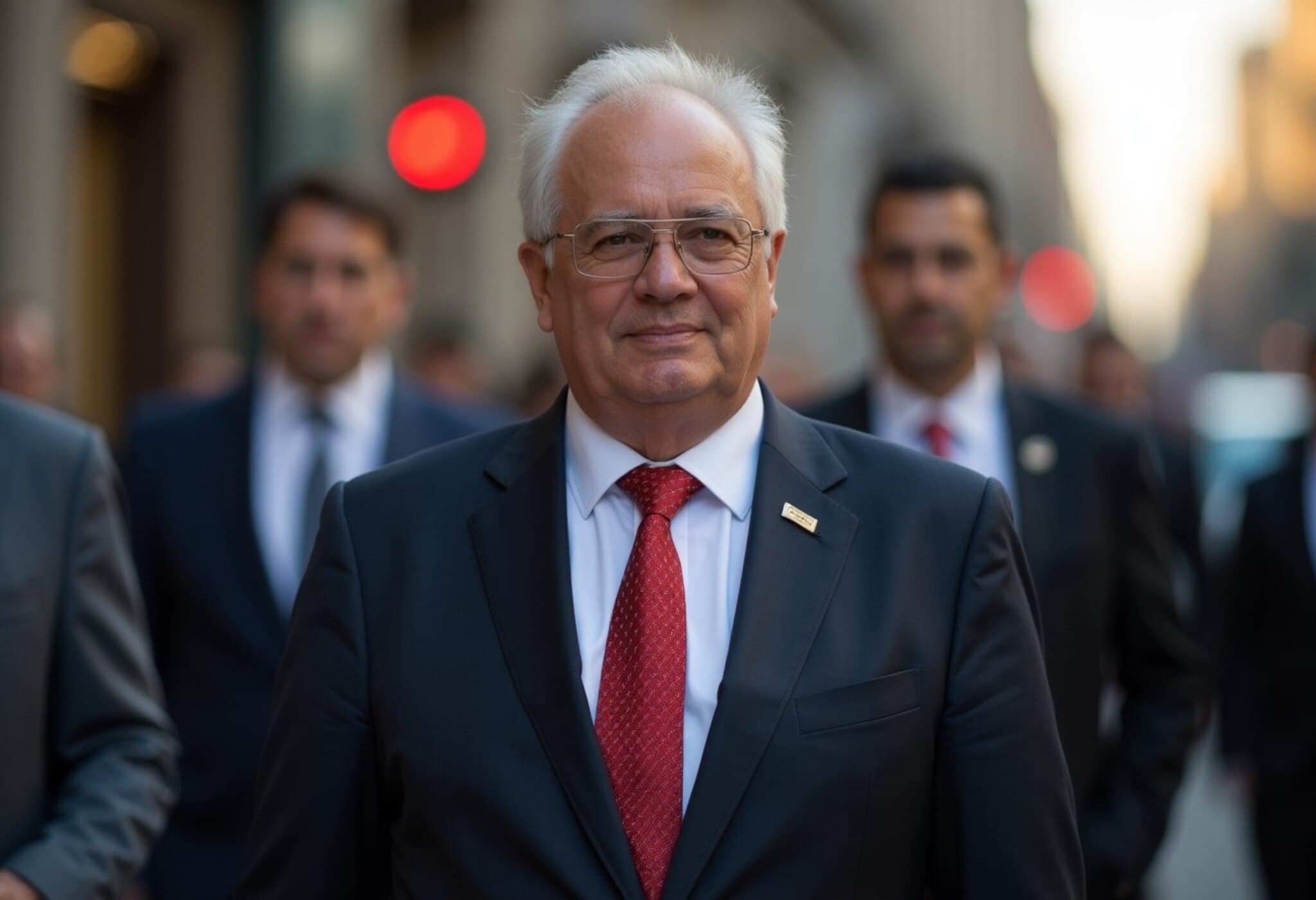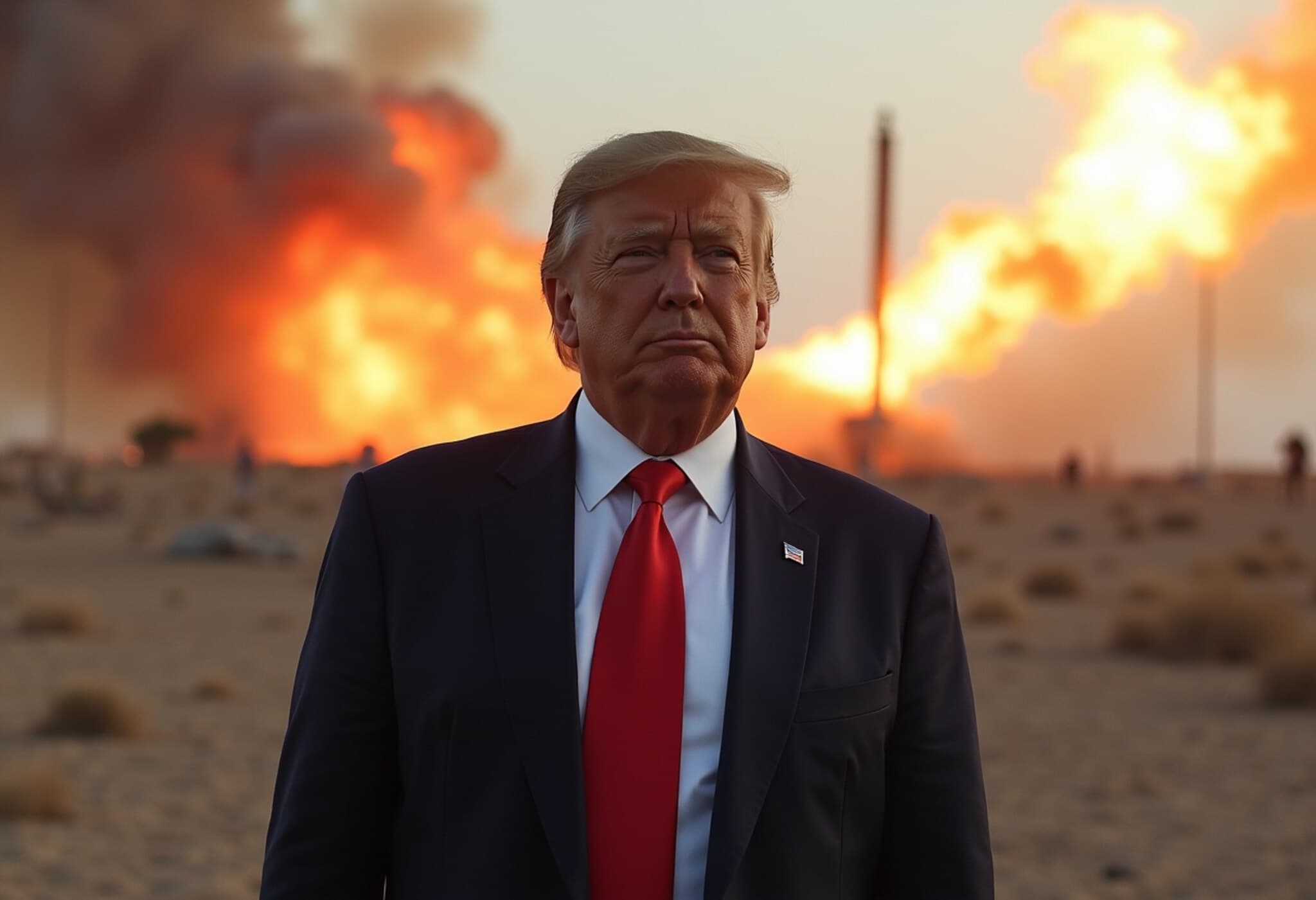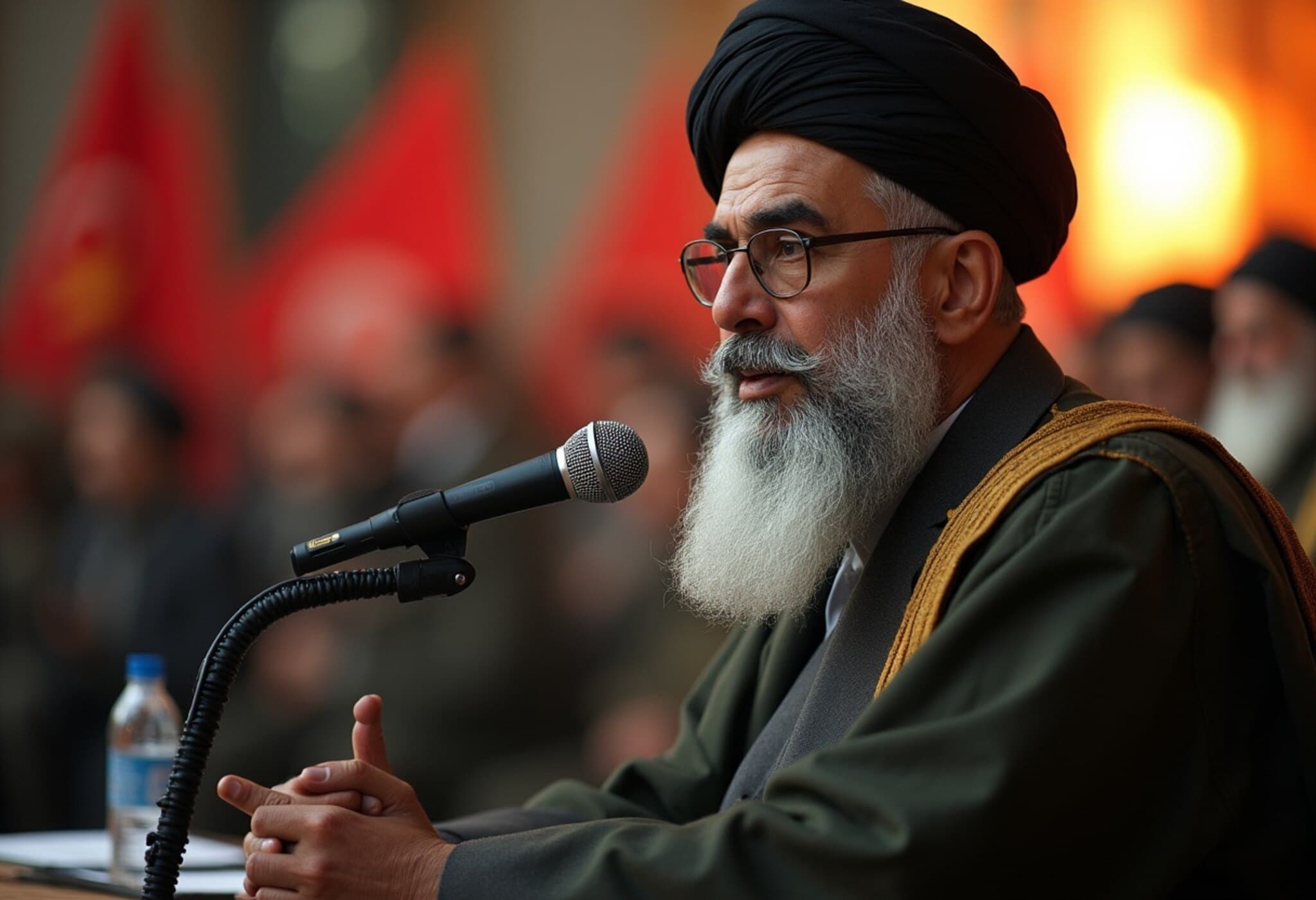US Removes HTS from Terrorist List: A Significant Pivot in Syria Policy
In a surprising turn of events, the US government has officially revoked the foreign terrorist organization designation for Hay’at Tahrir al-Sham (HTS), formerly known as the al-Nusrah Front. This decisive announcement—delivered through a State Department memo dated June 23 and signed by Secretary of State Marco Rubio—marks a pivotal shift in Washington’s approach to Syria.
Context Behind the Decision
This move trails closely on the heels of President Donald Trump’s executive order, issued just a week prior, that terminated a longstanding US sanctions program on Syria. The order aims at reintegrating Syria into the global financial system and signals a broader intent by Washington to facilitate the post-war reconstruction of the country.
Secretary Rubio, in a memo previewed ahead of official publication in the Federal Register, wrote: “In consultation with the Attorney General and the Secretary of the Treasury, I hereby revoke the designation of al-Nusrah Front, also known as Hay’at Tahrir al-Sham (and other aliases) as a Foreign Terrorist Organization.”
Understanding Hay’at Tahrir al-Sham (HTS)
HTS emerged from Syria’s turbulent civil conflict as the successor of the Nusra Front, once al-Qaeda’s affiliate in Syria. The group spearheaded key offensives against then-President Bashar al-Assad’s regime, notably under the leadership of Syrian figure Ahmed al-Sharaa—who is said to have severed HTS’s direct ties to al-Qaeda years ago. HTS now claims it aspires to establish an inclusive and democratic Syria.
While the Syrian government has yet to comment officially, the ramifications are significant: this re-designation essentially removes a major barrier for diplomatic engagement and financial transactions related to HTS-affiliated regions.
US-Syria Relations: A New Chapter?
The meeting between Trump and Sharaa in Riyadh this past May set the stage for this policy recalibration. It symbolized a strategic, albeit controversial, recalibration from the US—moving away from punitive isolation toward pragmatic engagement aimed at stabilizing Syria.
International observers and policy experts are split, with some viewing the move as a pragmatic step to weaken extremist alliances and promote political dialogue. Others caution that easing sanctions and downgrading HTS’s status could embolden factions that remain hostile to US interests or regional stability.
Expert Insights
- Legal analysts underline the complexity of removing terrorist designations, warning about potential loopholes that could be exploited if due diligence is not rigorously maintained.
- Economic experts recognize that lifting sanctions can open up avenues for humanitarian aid and reconstruction finance, but emphasize the need for stringent oversight to prevent funds from empowering militant groups.
- Policy strategists highlight this as a test case of shifting US Middle East policy, reflecting a broader global trend where financial incentives are used alongside diplomacy to influence conflict zones.
Looking Ahead
The question remains: Will this revised designation and sanction easement catalyze a lasting peace in Syria, or will it contribute to further instability? For the US, the challenge lies in balancing risk with the potential reward of helping rebuild a fractured nation.
What This Means for Readers and Observers
This development invites close scrutiny of Washington’s Syria policy moving forward. It underscores the fluidity of designations like 'terrorist' in geopolitics and compels stakeholders—from governments to investors and humanitarian organizations—to navigate a complex web of ethics and strategy.
Editor's Note:
While the revocation of HTS’s terrorist designation might indicate a hopeful pivot towards peace and reconstruction, it simultaneously raises critical questions about accountability and regional security. Readers should consider the implications of US foreign policy evolving in this direction and remain vigilant about the broader humanitarian and geopolitical consequences.

